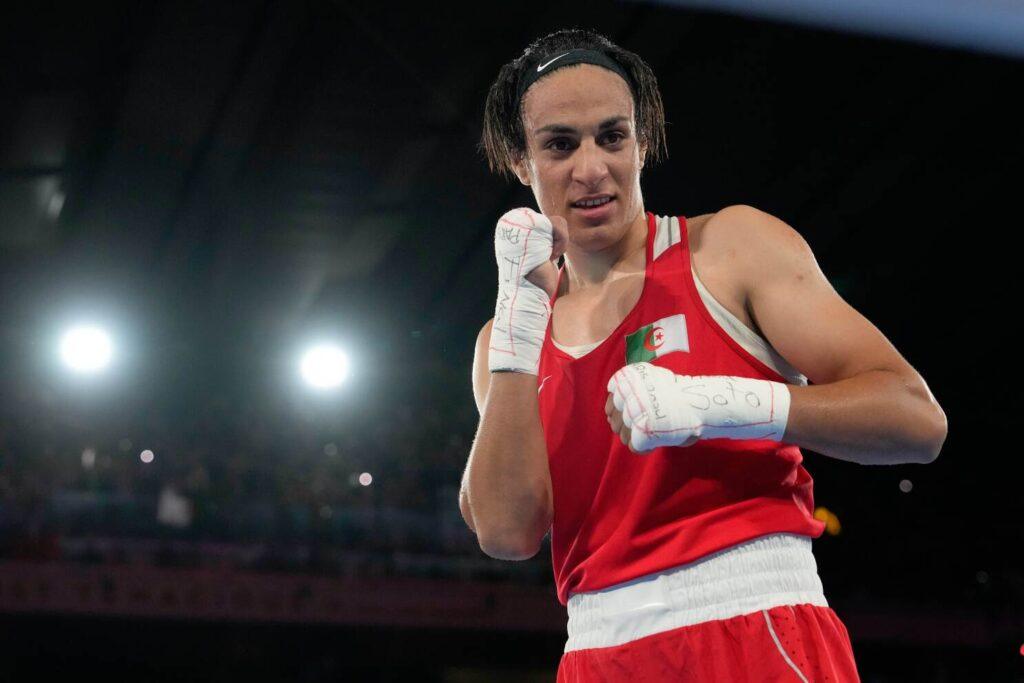World Boxing has issued a formal apology to Olympic gold medalist Imane Khelif after sparking outrage for publicly naming the Algerian boxer in its new mandatory sex verification policy.
The international boxing federation came under intense criticism after it announced the rollout of a controversial policy requiring all female athletes to undergo genetic testing to verify their sex-explicitly singling out Khelif as a subject of the new rule.
The 26-year-old Algerian star, who clinched gold in the women’s welterweight division at the Paris 2024 Olympics, was abruptly barred from competing in female categories at any World Boxing events, including the upcoming Eindhoven Box Cup, unless she submits to the mandated test.
In a statement, World Boxing confirmed that its president, Boris van der Vorst, has since contacted the Algerian Boxing Federation to offer a personal apology, admitting that the organization “should have maintained the confidentiality” of the athlete’s identity.
Khelif, who has consistently competed in women’s divisions, was previously disqualified alongside Taiwanese boxer Lin Yu-ting at the 2023 World Championships by the now-ousted International Boxing Association (IBA). That suspension was linked to gender eligibility concerns, although official confirmation of any test results has never been publicly disclosed.
Controversy around Khelif’s eligibility intensified in Paris after the International Olympic Committee (IOC) allowed her to compete, affirming that athletes were eligible for the women’s division if their passports identified them as female. The IOC had stripped the IBA of its authority in 2023 over widespread governance failures, granting World Boxing the role of overseeing the sport’s integrity.
Related Articles:
- Ex-Ultimate boxing champion bags 5 years sentence
- Boxing Legend George Foreman dies at 76
- IBF heavyweight boxing champion Dubois withdraws from title defence against Parker
Despite speculation that Khelif may have differences in sexual development (DSD) , a condition previously cited in high-profile cases such as South African runner Caster Semenya, there has been no confirmed evidence suggesting that the Algerian boxer identifies as anything other than female. The IOC also emphasized that this case “does not involve transgender issues.”
The updated policy, which takes effect next month, mandates that every athlete aged 18 and over participating in World Boxing-sanctioned events must undergo a polymerase chain reaction (PCR) genetic test to determine their sex at birth. The organization claims this move is necessary to ensure fairness, safety, and competitive integrity in Olympic-style boxing.
“This decision is not about targeting individuals,” World Boxing stated, “but about protecting all athletes; mentally, physically, and professionally in a sport where physical contact can pose serious risks.”
Still, critics argue that the public singling out of Khelif has caused undue harm and humiliation. Human rights advocates and sports analysts are calling for the policy to be revised and for sex testing protocols to be applied with transparency, legal compliance, and respect for athlete privacy.
Meanwhile, the IOC has asked World Boxing to clarify how it intends to carry out sex verification “in a way that is safe, fair, and legally defensible.”
